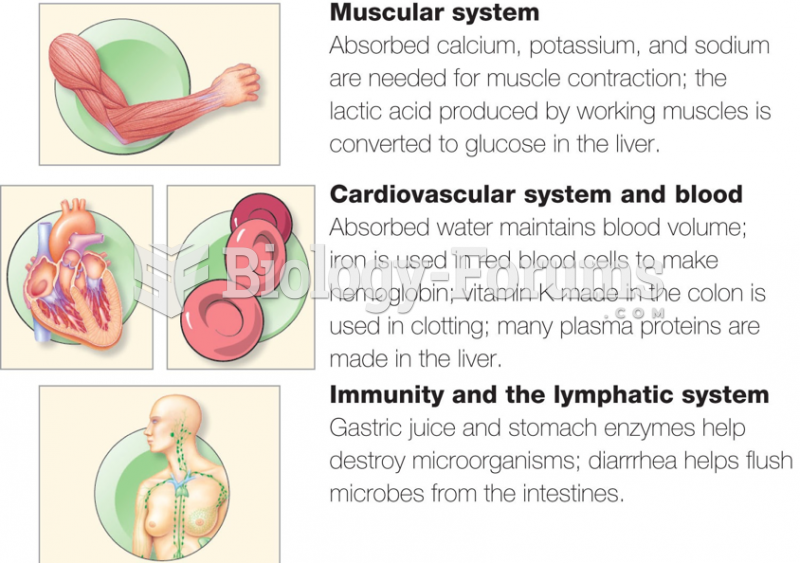Answer to Question 1
Feedback: The system-blame approach asserts that societal problems such as crime and poverty exist because of problems within the social system rather than being the fault of the individual. The system-blame approach provides a balance to the person-blame approach common in society, and is used in the chapter because society is the subject of sociology, not the individual. Problems include: (1) It only tells part of the truth. Social problems and deviance are highly complex phenomena that have both individual and systemic origins. (2) A dogmatic system-blame orientation presents a rigidly deterministic explanation for social problems. Taken too far, this position views individuals as robots controlled totally by their social environment. A balanced view of people is needed, because human beings have autonomy most of the time to choose between alternative courses of action.
Answer to Question 2
Feedback: The culture of poverty is the view that the poor are qualitatively different in values and lifestyles from the rest of society and that those cultural differences explain their poverty; i.e. people, because of their social class position, differ in resources, power, and prestige and hence have different experiences, lifestyles, and ways of life. Edward Banfield argues that lower-class individuals have a propensity toward criminal behavior. He asserts that a person in the lower class does not have a strong sense of morality and thus is not constrained by legal rules, and has weak ego strength, a present-time orientation, a propensity for taking risks, and a willingness to inflict injury. Daniel Gross argues that we should forget about the underclass because it is the overclass that is hurting society. He writes: In the underclass, unmarried fathers don't take responsibility for their children. In the overclass, twice-married, middle-aged Wall Street daddies don't own up to the consequences of their insane financial miscues. Unlike Banfield, Gross points to crimes by economic elites within major corporations.







